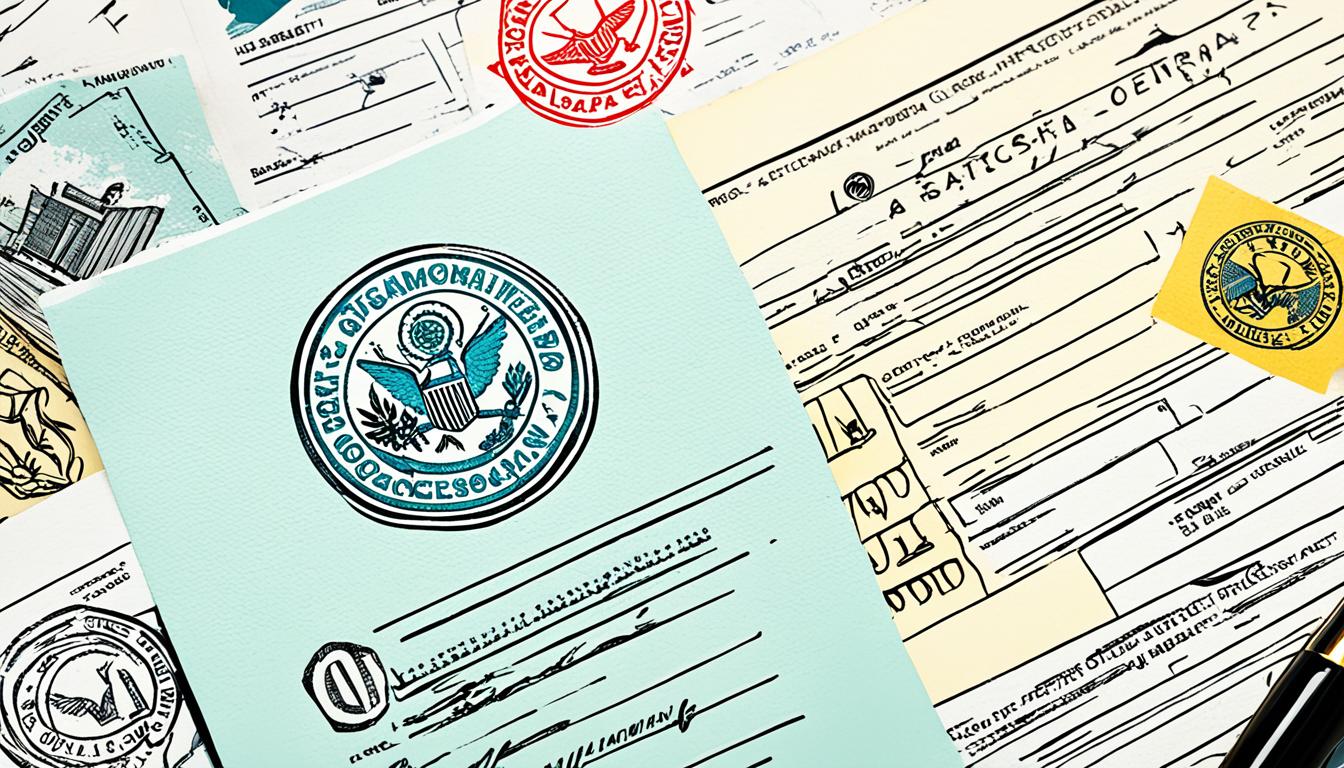To guarantee your NDA is enforceable, focus on clear, specific language that precisely defines what information must stay confidential. Avoid vague terms and tailor the agreement to your jurisdiction’s legal standards, possibly with legal help. Use standard legal phrasing to strengthen validity and make sure all parties sign properly. Overly restrictive or vague clauses can weaken your protection. Keep these tips in mind, and you’ll discover how to craft a more effective NDA.
Key Takeaways
- Clearly define what information is confidential to prevent ambiguity and enforceability issues.
- Ensure the NDA complies with local laws and includes specific legal language tailored to your jurisdiction.
- Use standard legal phrasing and references to reputable sources to strengthen contractual validity.
- Balance confidentiality terms to prevent overly restrictive clauses that might be deemed unenforceable.
- Obtain proper signatures and follow formal procedures like notarization to solidify the agreement’s enforceability.

Ever wondered what makes a non-disclosure agreement truly enforceable? It all boils down to how well you craft the essential elements, especially the confidentiality clauses. These clauses are the backbone of any NDA. They specify exactly what information needs to stay private and set clear boundaries for both parties involved. If these clauses are vague or overly broad, the agreement’s legal enforceability can come into question. To *guarantee* your NDA holds up in court, you need to be precise about what constitutes confidential information and how it should be protected. Avoid generic language; instead, clearly define the types of information that are off-limits. This clarity helps prevent misunderstandings and makes it easier to prove breach if one occurs.
Clear, precise confidentiality clauses are key to making NDAs enforceable and protect your interests.
Another critical aspect of enforceability is *assuring* that your NDA complies with relevant legal standards. Laws regarding confidentiality agreements can vary depending on the jurisdiction, so you must tailor your contract accordingly. For example, some jurisdictions require certain formalities or specific wording to validate confidentiality clauses. If your NDA is drafted without regard to these local legal nuances, it risks being deemed invalid or unenforceable. This is why consulting an attorney who understands the nuances of contract law in your area can *substantially* boost your agreement’s legal enforceability. Moreover, incorporating standard legal language can help ensure your NDA aligns with best practices and statutory requirements.
Additionally, enforceable NDAs are balanced and fair to both parties. If your agreement is excessively restrictive, unreasonable, or one-sided, a court might scrutinize it and decide it’s unenforceable. For example, imposing an overly long duration or prohibiting all forms of communication could be deemed unenforceable because they’re deemed unreasonable. To improve enforceability, ensure your confidentiality clauses are fair and realistic, reflecting what’s necessary to protect your interests without overreaching. This approach not only makes your NDA more likely to be upheld but also fosters trust and cooperation.
Finally, the signing process matters. An NDA must be properly executed with signatures from all involved parties, and sometimes witnesses or notarization are required depending on local laws. Failure to follow formalities can jeopardize the agreement’s enforceability. Keep copies of signed agreements and ensure all parties understand their obligations. This solidifies the legal standing of your NDA and reinforces that it’s not just a piece of paper but a binding contract.
Frequently Asked Questions
How Long Should an NDA Remain in Effect?
You should consider the confidentiality duration and enforceability period when deciding how long an NDA should stay in effect. Typically, NDAs last between 2 to 5 years, but some may require longer or shorter periods based on the nature of the information. Make certain the enforceability period is reasonable; overly long durations might be challenged legally. Tailor the duration to protect your interests while maintaining enforceability.
Can NDAS Be Waived or Revoked After Signing?
Think of an NDA as a lock on a door—you can sometimes change the key. You can waive or revoke it, but only through specific waiver procedures and under clear revocation conditions. Usually, revocation requires mutual agreement or written consent, and waiver procedures ensure everyone’s on the same page. Without following these steps, your attempt to revoke might not hold up legally, just like trying to open a locked door without the right key.
Are Verbal NDAS Legally Binding?
Verbal NDAs can be legally binding if they clearly protect confidential information and both parties intend to keep the agreement. However, proving the terms and breach in court is harder without written proof. You should know that oral agreements create legal obligations, but written NDAs are more enforceable. To safeguard your confidential information effectively, consider always having a signed, written NDA, especially for sensitive details.
What Are Common Reasons NDAS Are Deemed Unenforceable?
You wonder why NDAs sometimes fail. Common reasons include vague language, missing confidentiality clauses, or unclear scope, making them easy to challenge. If your NDA contains legal loopholes or overly broad terms, courts may deem it unenforceable. Courts also look for proper signing procedures and consideration. To stay protected, guarantee your NDA is specific, clear, and legally sound—avoiding ambiguity, legal loopholes, and vague confidentiality clauses.
Do Enforceability Standards Vary by Jurisdiction?
You should know that enforceability standards do vary by jurisdictional differences. Different states or countries have unique laws governing NDAs, so what’s valid in one place might not be in another. It’s vital to understand local laws to confirm your NDA meets enforceability standards. Consulting a legal professional familiar with your jurisdiction can help you craft an agreement that’s more likely to hold up if challenged.
Conclusion
Think of your NDA as a sturdy lock guarding a treasure chest of secrets. If it’s poorly crafted or overlooked, the lock weakens, and your secrets can slip away like whispers in the wind. To keep your treasure safe, guarantee your NDA is airtight—strong enough to withstand any storm. When you do, you’re planting a lighthouse beacon, guiding others to respect your boundaries and illuminating the path to enforceability. Protect your secrets like a lighthouse guards its harbor.









